By: Dr. Elizabeth Eggert
When you schedule a recare visit at Eggert Family Dentistry, you may think that all we will do is remove any plaque we see and polish your teeth. While these services are important, they are just the tip of the iceberg. When you come into our office for a cleaning, we perform a full evaluation and keep an eye out for early signs of more serious problems.
We check for signs of tooth decay
Soft spots and pitting are signs that bacteria are breaking down enamel and causing tooth decay. This is most commonly caused by infrequent or poor brushing, frequent snacking and sugary foods and beverages. Acids also contribute significantly to tooth decay. If Dr. Elizabeth or Dr. Jeff spot signs of tooth decay, they will recommend scheduling a follow-up appointment to clean out the decay and protect the tooth with a filling or crown, depending on the situation.
We evaluate the health of your gums
When bacteria hang out along the gum line, they can wreak havoc on gum health. When gum disease is left untreated, it can result in shifting or drifting of teeth and eventual tooth loss. It can also lead to systemic issues such as heart disease, diabetes, lung infections, osteoporosis, hypertension and cancer! When you come in for a cleaning, Dr. Elizabeth or Dr. Jeff, as well as our amazing hygiene team, will look for signs of gum irritation including swelling, redness, pocketing or bleeding. Once plaque and tartar are removed, if they observe any of these signs of gum disease, they will recommend next steps to help your gum tissues heal. Oftentimes, in addition to spectacular home dental care habits, this will include a deep cleaning procedure in our office.
We examine your jaw, facial muscles and lymph nodes
When you come into our office, Dr. Elizbeth or Dr. Jeff make sure your jaw is properly aligned and they look for any issues with your temporomandibular joints. They look for any swelling in the jaw and facial muscles as well, which can be an early sign of an abscessed tooth or infection. They also make sure your lymph nodes are not inflamed. If they find anything unusual, they will recommend next steps to correct the issue. Dr. Elizabeth or Dr. Jeff will also inspect your mouth for any signs of oral cancer and if they have any concerns, they will refer you to an oral surgeon or sometimes, a medical doctor.
We assess the integrity of any existing fillings or other restorations
Fillings are effective at filling in holes in teeth and preventing bacteria from building up and causing cavities but they don’t last forever. Over time, fillings break down and need repair. When fillings crack or become loose, they expose divots in the teeth that can trap bacteria and, left unattended, cause cavities to redevelop. Dr. Elizabeth or Dr. Jeff will check the integrity of your fillings and schedule a separate visit if any of them need to be repaired or replaced.
We take x-rays
At Eggert Family Dentistry, we recommend at least once-a-year x-rays of your teeth. This allows us to look at the roots of your teeth and make sure they’re healthy and strong. We can also look between your teeth and under your gum line in order to spot early signs of infection and decay.
Just because you’re not experiencing teeth or jaw discomfort doesn’t mean problems aren’t brewing. If you haven’t been in to see us for a while, schedule a recare visit by giving us a call at 651.482.8412. We will perform a thorough cleaning and evaluation to protect and preserve your smile for a lifetime!



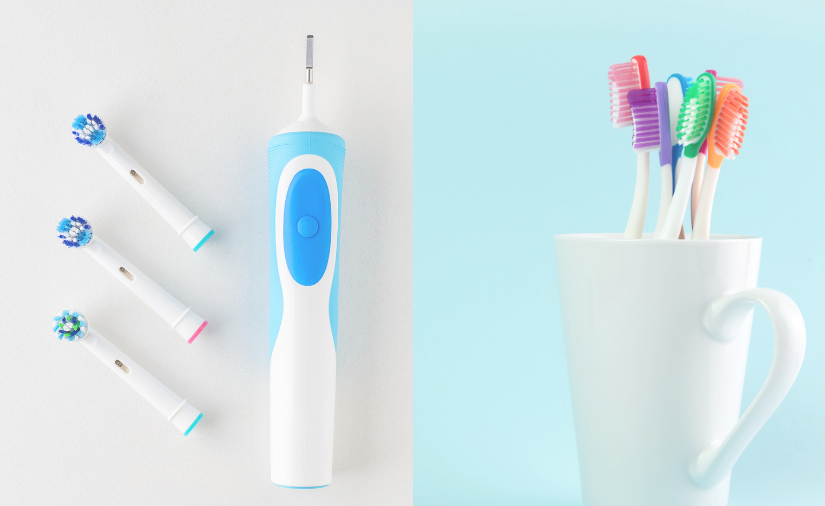
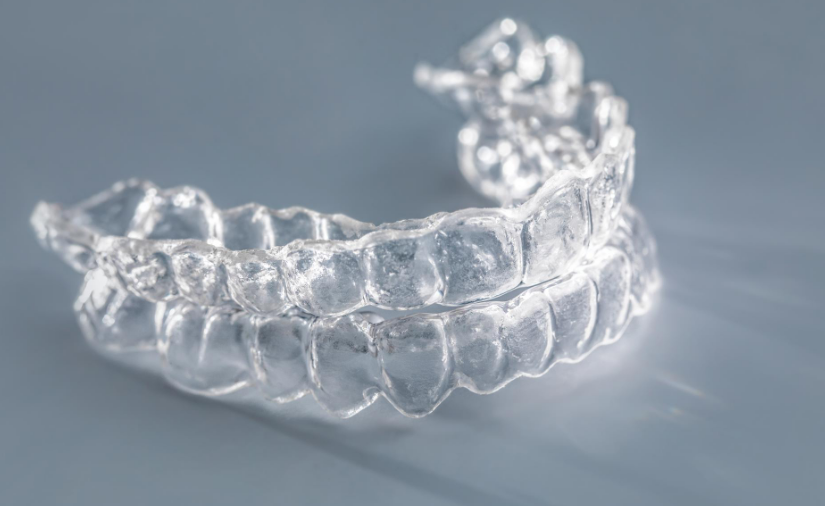
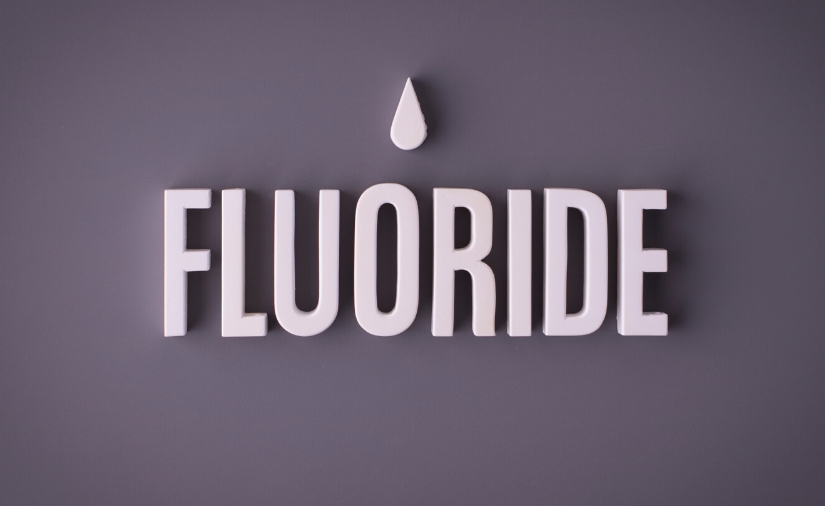
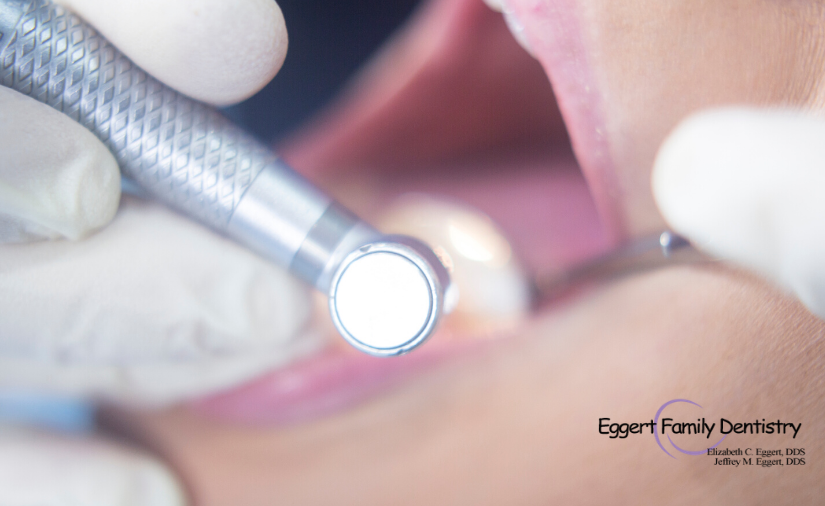



 Medications: Over 400 commonly prescribed medications list “dry mouth” as a possible side effect
Medications: Over 400 commonly prescribed medications list “dry mouth” as a possible side effect Burning sensation in the mouth
Burning sensation in the mouth
 When teeth and gums are not properly cared for, bacteria builds up, causing plaque to form and inflaming the gums. When gums become inflamed, bacteria can easily sneak under the gums and enter the bloodstream. Bacteria in the bloodstream can infect tissues throughout the body and make you sick.
When teeth and gums are not properly cared for, bacteria builds up, causing plaque to form and inflaming the gums. When gums become inflamed, bacteria can easily sneak under the gums and enter the bloodstream. Bacteria in the bloodstream can infect tissues throughout the body and make you sick.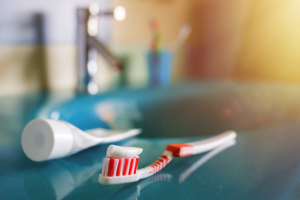 During cold and flu season, vigilance is your best defense. In addition to healthy eating, routine handwashing and getting enough sleep, it’s important to practice good toothbrush care. At Eggert Family Dentistry, we recommend tossing your toothbrush after any cold or flu to avoid the likelihood of reinfection. We also recommend washing your hands before you brush and floss, rinsing your toothbrush well and allowing it to air dry after each use and keeping family members’ toothbrushes separate from each other in order to avoid cross-contamination. And regardless of the season, don’t ever share a toothbrush!
During cold and flu season, vigilance is your best defense. In addition to healthy eating, routine handwashing and getting enough sleep, it’s important to practice good toothbrush care. At Eggert Family Dentistry, we recommend tossing your toothbrush after any cold or flu to avoid the likelihood of reinfection. We also recommend washing your hands before you brush and floss, rinsing your toothbrush well and allowing it to air dry after each use and keeping family members’ toothbrushes separate from each other in order to avoid cross-contamination. And regardless of the season, don’t ever share a toothbrush!
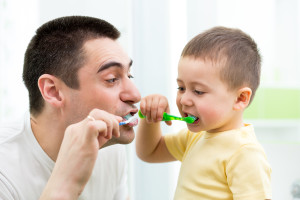 If you didn’t already have a case for taking good care of your mouth, hopefully understanding the connection your oral and physical health have with one another may help you. Here are some ways to maintain a healthy smile!
If you didn’t already have a case for taking good care of your mouth, hopefully understanding the connection your oral and physical health have with one another may help you. Here are some ways to maintain a healthy smile!